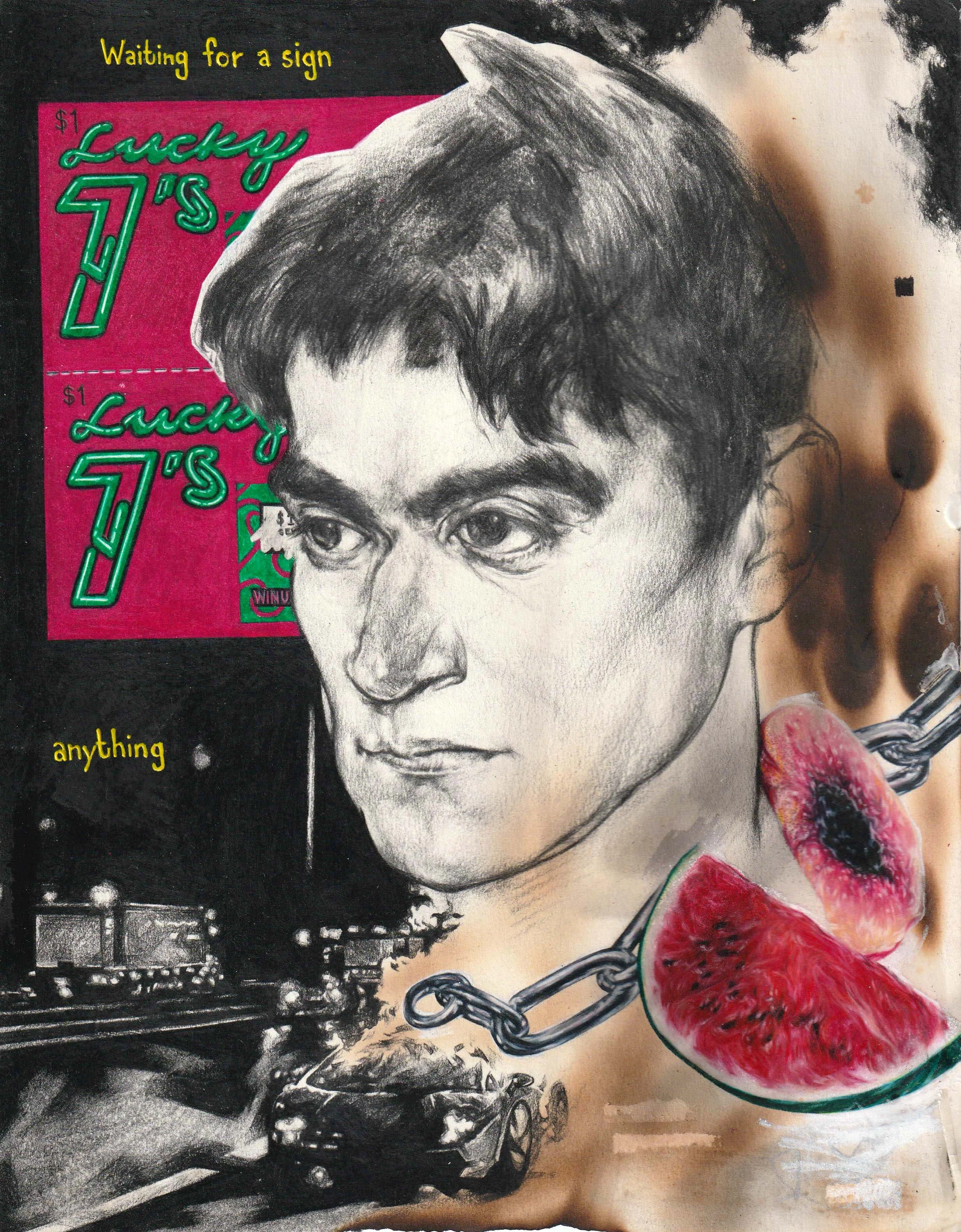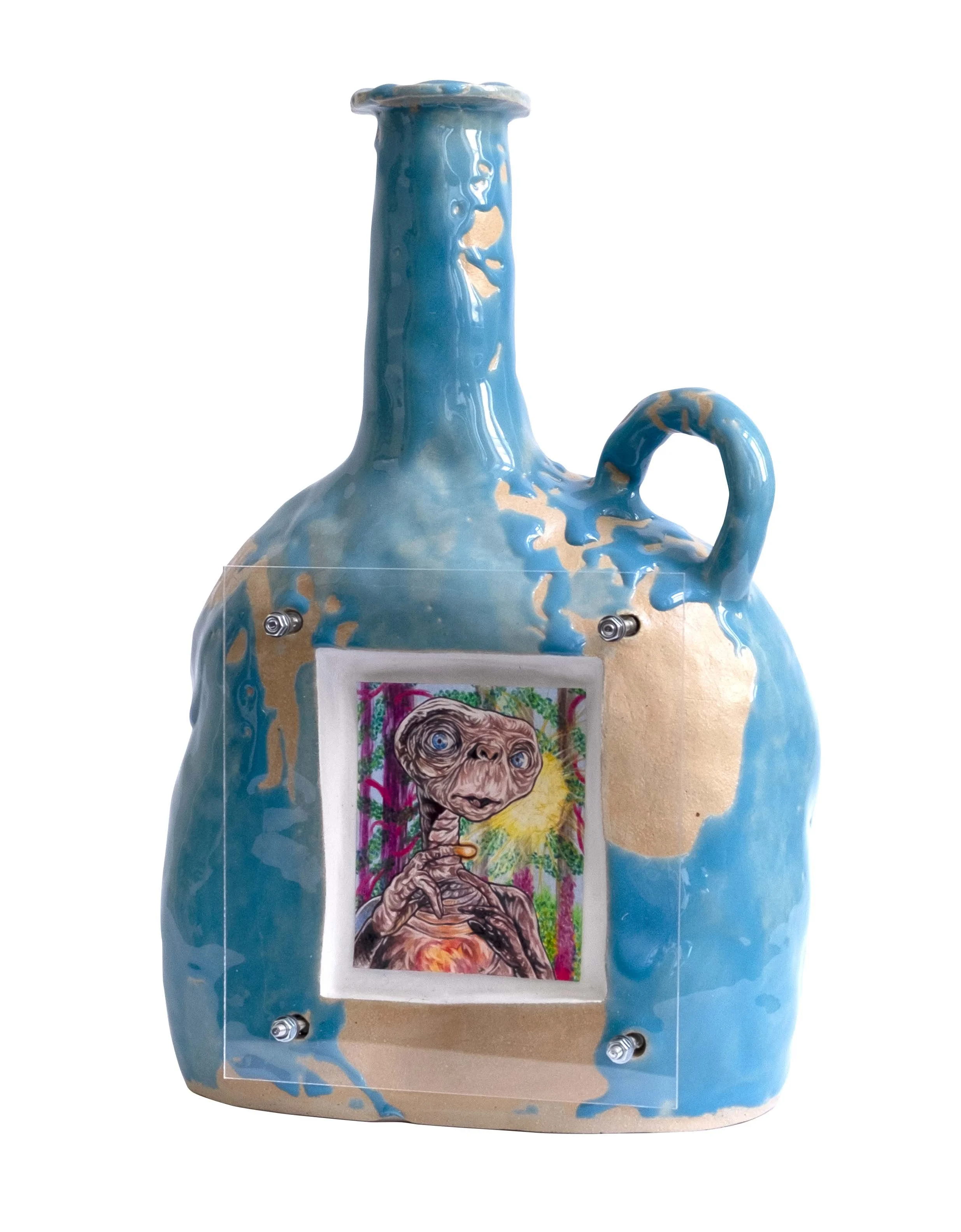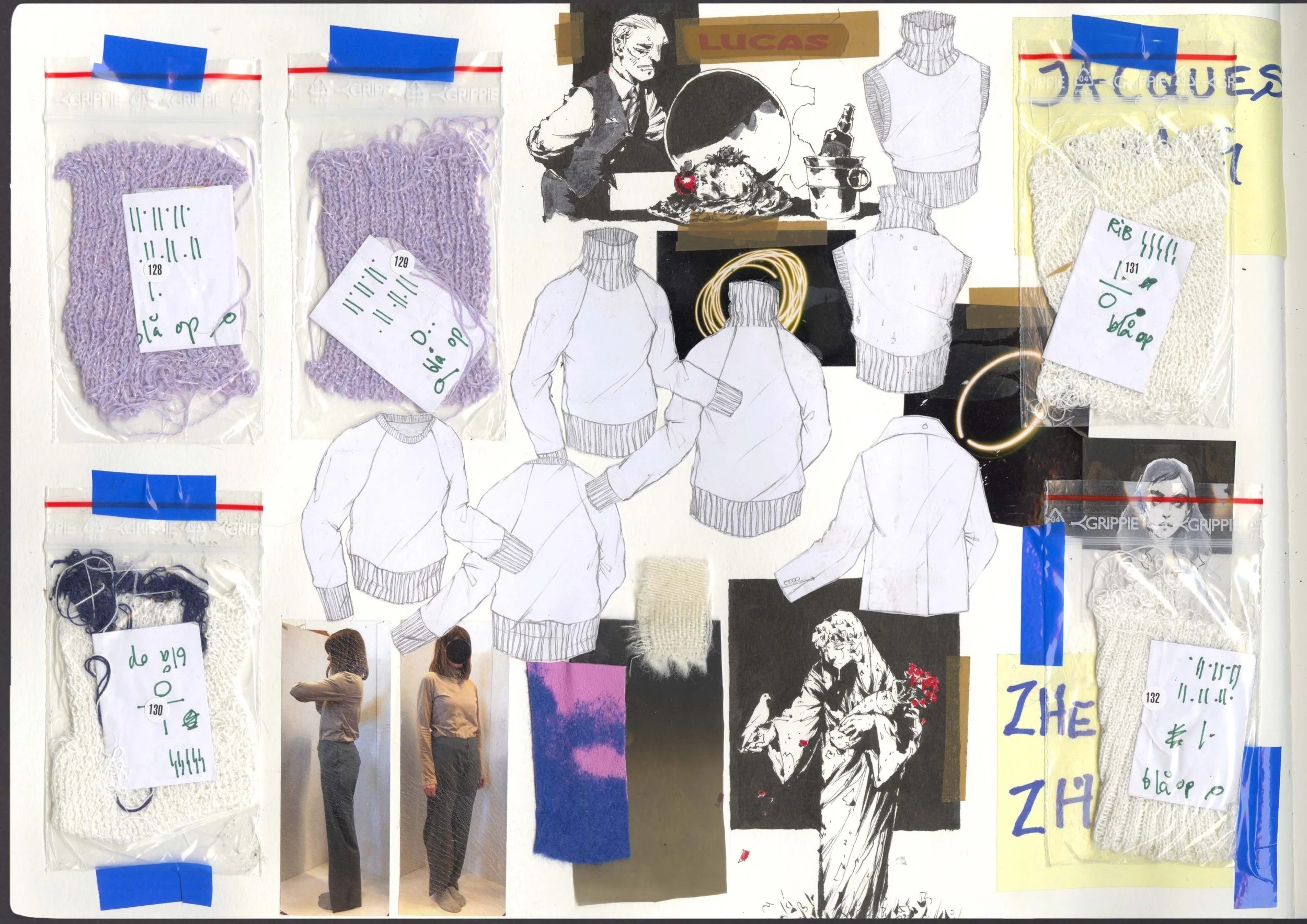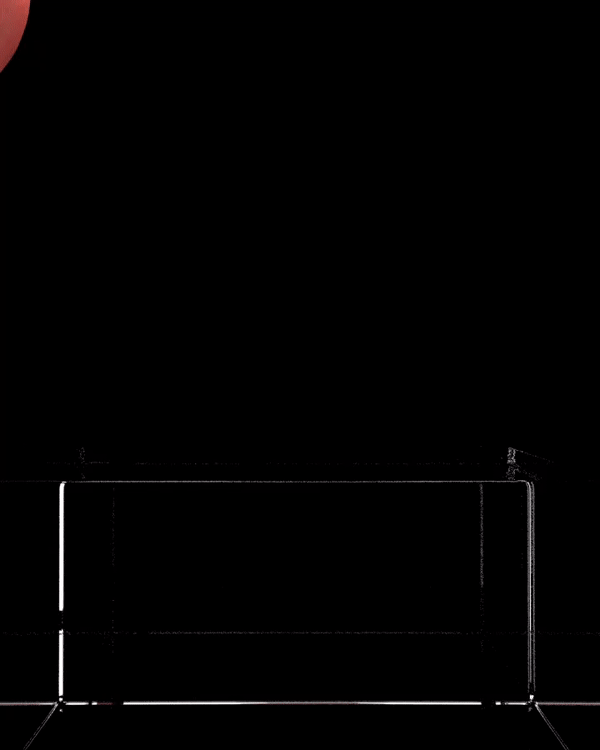Zheqiang (Jacques) Zhang is a visual artist and the founder of Pseudonym, a Danish interdisciplinary art and design studio whose practice encompasses fashion, fine arts, film, and homeware.
Utilizing photogrammetry, 3D modeling and machine learning alongside traditional visual media, Jacques creates immersive experiences (often imbued with humor and story) that challenge our perceptions of physical and virtual reality.
I jumped into film because I wanted a new challenge; I came out of art school a bit disillusioned but idealistic. It was with this youthful idealism and optimism, and a general sense of being an outsider looking in that I started Pseudonym.
Coming from a family of engineers and doctors, I grew up challenging the “right” way to do something—or perhaps—when you push beyond your comfort zone, especially in collaboration with others, it becomes a ripe environment for something interesting. The ideas may not always work, but they have the potential to springboard to something extraordinary.
I’m not a stickler for creating mood boards or adhering to a strict 1-2-3 approach to creation. From the beginning, I always start with a general idea of what it’s going to be. And every impulse thereafter is born out of an idea to create. As an idea evolves, it organically changes and grows. And then at some point, all these ideas and notes I had, all these observations I’d saved up to use, finally begin arranging themselves automatically in relation to one another.
Artwork Totemic Study III 2021
Homeware ET Before a Hockney
I believe that storytelling in (visual) marketing today is important—a little bit of humor doesn’t hurt either.
Nowadays, there are so many sleek and glossy films and marketing campaigns with a homogenous aesthetic and attitude, it gets a little tedious. (Not to say they don’t have their value and place.) I’m drawn to visual content that have a story, engages the audience, and perhaps more fundamentally, draws my attention to both what is and isn’t conveyed.
Sometimes, I find bits of idealism behind certain projects we do. But much like in literature, art and design invariably becomes stale and awful when the author begins to signal over their work to the viewer. It loses its authenticity with its forced authorial presence—with the sense of the author as God, or as a pedantic intellectual, or a celebrity, or at the very least, somebody who counts.
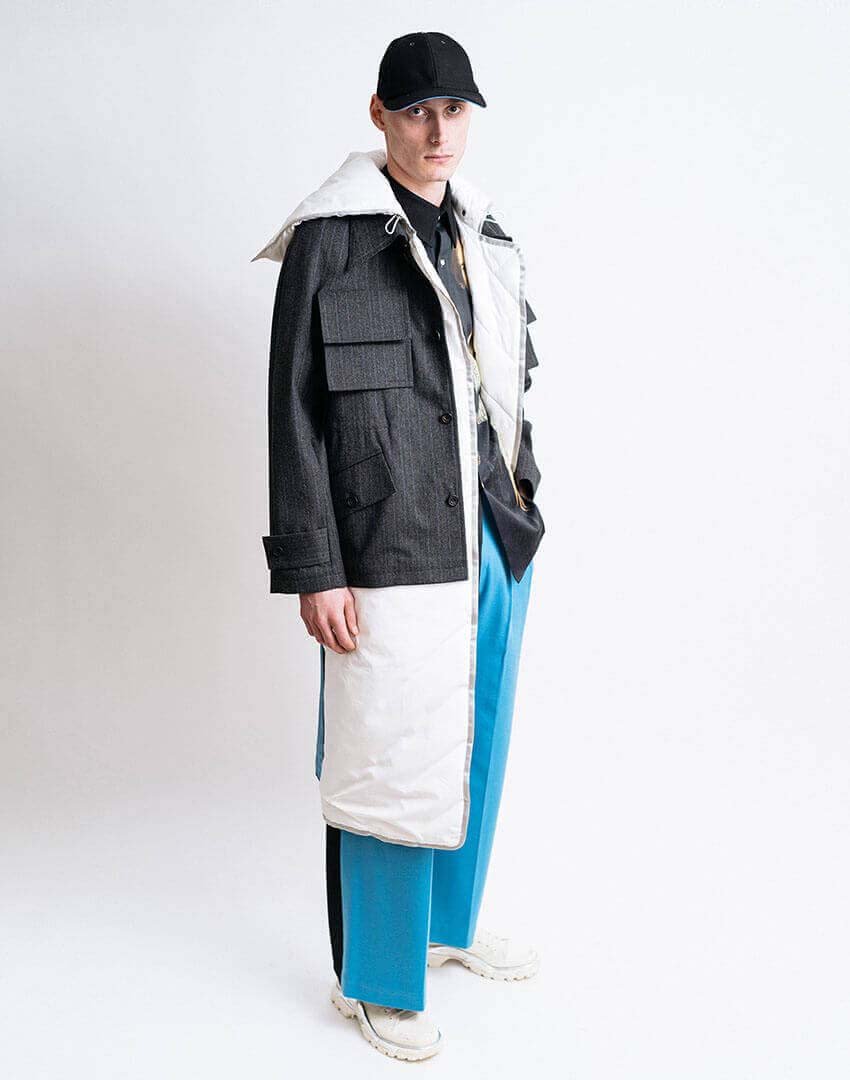

AW19 SS20
I’m not a fan of greenwashing. At Pseudonym, we’re actively trying to lower our carbon footprint. However, being a startup, there are limitations in terms of production minimums, material and energy consumption, etc., which we seek to address and improve as our company grows. It’s a daily effort.
Sketches AW19
That being said, I think what’s important is that behind every Pseudonym project, our team does not seek to placate imagined critical voices—that all Pseudonym products are genuine in our shared team experiences and overall mission.
Small talk
Let’s be honest, there’s really no need for us to sell you another T-shirt, even if it’s GOTS-certified. Instead we try to design objects that are made well and will last, sent to you in minimal or functional packaging (if at all). Case in point: our Field Bags are boxed in custom stainless-steel lunchboxes, protected and sent to our customers in a dust bag, which we produce in-house and which also serves as a bag lining.
I think it becomes really questionable when businesses, especially startups, in their (sometimes sincere) eagerness to become socially responsible and sustainable quickly, submit to the belief that the end justifies the means. It’s not entirely anyone’s fault. As quickly as an idea appears these days, it’s promptly displaced by another one. And as quickly as a company is minted, a dozen more threaten to edge it out of the market. In that sense, I get why people do it.
But I firmly believe in steady, transparent growth. Though our increasingly collaborative initiatives with local artisans and creatives, as well as through our film and metaverse projects, our audience now have alternative channels to engage with and financially support, so that we can keep doing what we do. It took us a while to get here, and it’ll probably take us some time to get to our next milestone. But that’s ok.
Eventually—and with consistency—the audience will arrive and grow organically. These are the audiences we genuinely appreciate and keep us going.
SS20 Campaign
I was stuck in Singapore when the Covid lockdowns went into effect. What was a simple familial visit turned into an isolating and surreal 10-month experience that challenged me both financially and emotionally—something that I think most of us can collectively relate to. But it was also during this time that I taught myself to animate and make “Stories from a Twelfth-Floor Hotel Room”. It gave me respite and catharsis and purpose.
“Stories from a Twelfth-floor Hotel Room”
The technological tools available to us today are incredible, especially in 3D—what took an entire studio months to create can now be achieved by single individuals. I think developments including the metaverse ecosystem and decentralizing potential of blockchain that many are hurtling towards to stake their claim are certainly useful—but unsustainable if there’s no larger audience for it. (Especially given their currently high barriers to entry.) It’s up to each individual to find their balance between analog and digital. Or not.
SS22 Campaign
Pseudonym is the first Danish fashion brand to host a virtual catwalk show, and we accomplished it on a shoestring budget. Currently, we are working on creating the Pseudonym metaverse—a virtual depository that will house all our current and future work in art, fashion, film and homeware that our audience can access directly online or via VR headsets. It will also host curated exhibitions, providing a platform and audience for the influx of creative individuals that our current institutions simply cannot keep up with or support.

